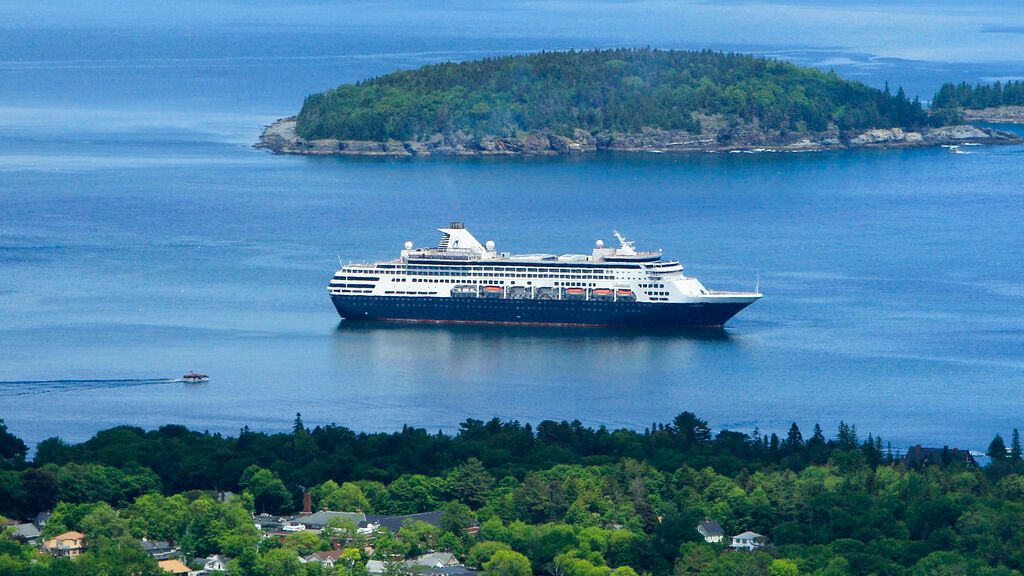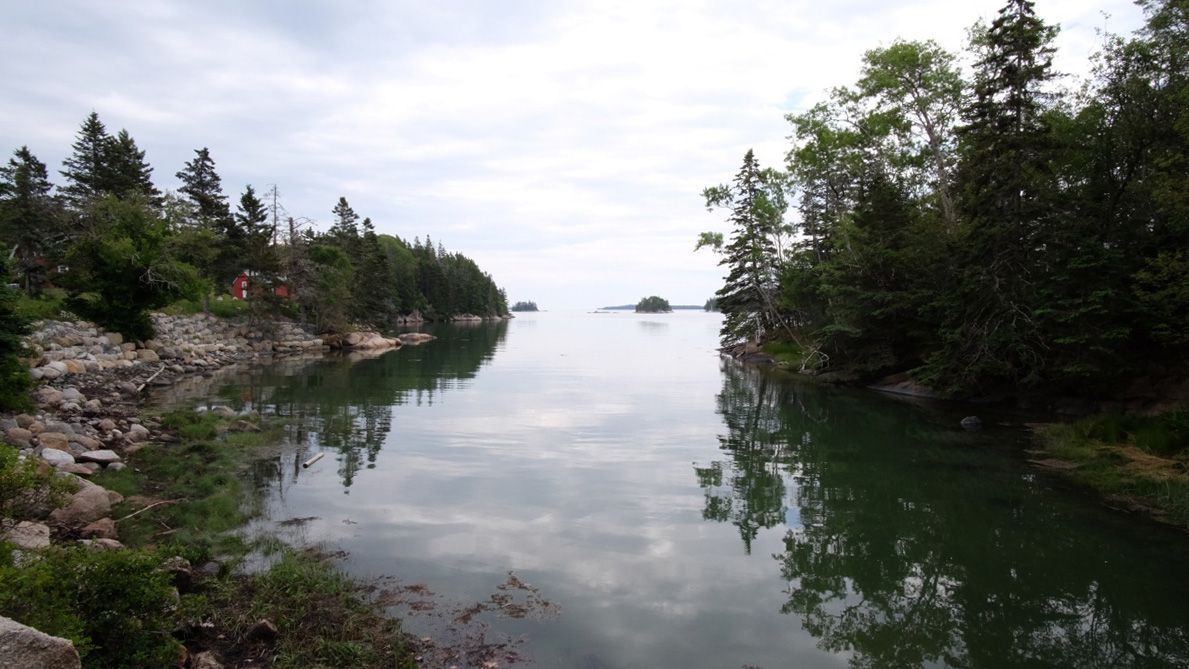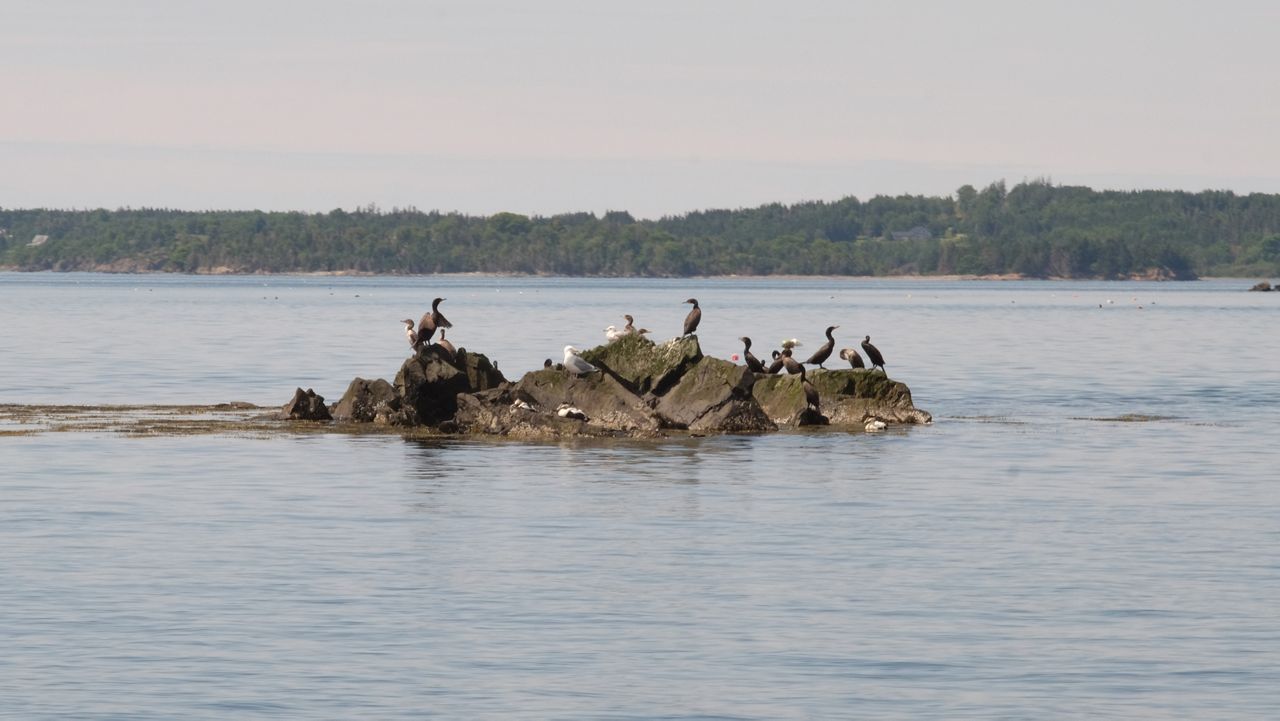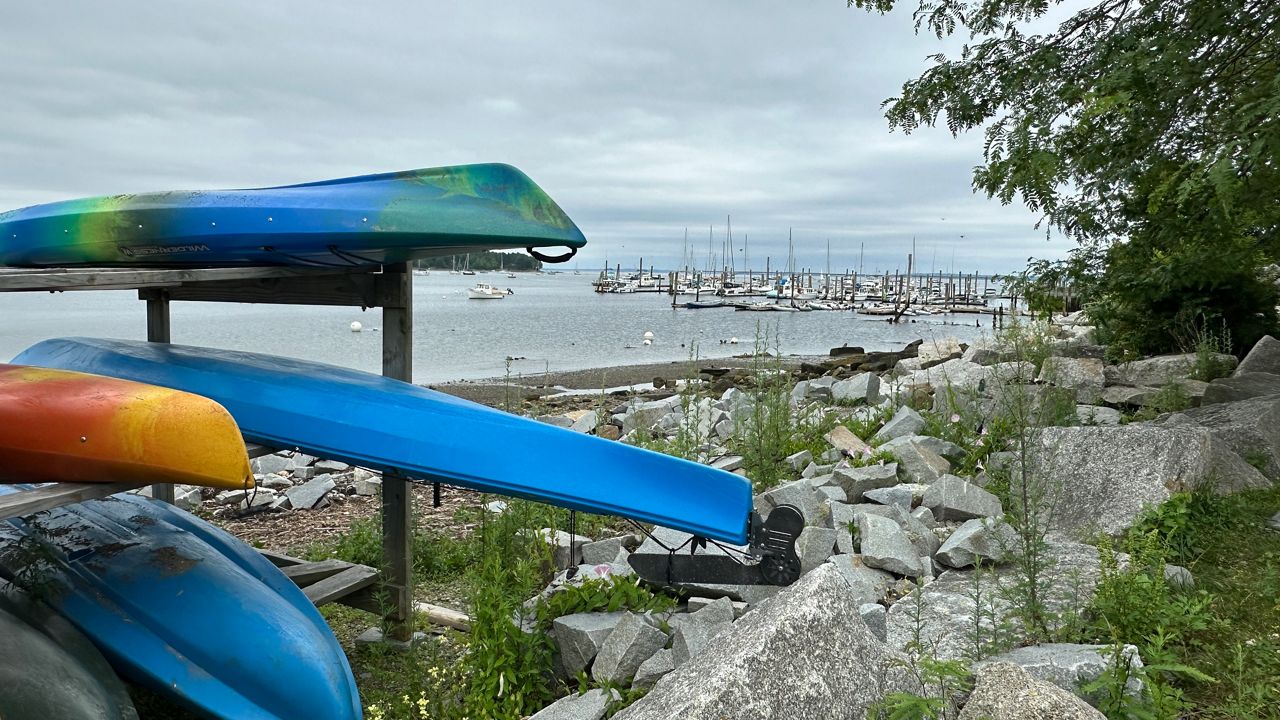University of Maine researchers have discovered that Frenchman Bay is suffering from significant microplastic pollution.
Researchers found about 400 billion microplastic fibers on the surface of Frenchman Bay and in several rivers and estuaries. The findings were published in Environment Engineering Science.
“Imagine the 32-ounce water bottle you use every day,” said Grace Johnson, lead author of the study, in a news release. “If you were to fill your water bottle with water from Frenchman Bay, you would find about two microplastics. Now imagine how many water bottles would fit in the massive volume of Frenchman Bay; that is a lot of microplastics.”
Microplastics are less than five millimeters in length, often small enough to pass through water filtration systems into lakes and oceans. They release harmful toxins and pose a threat to aquatic life.
“Once the microplastics are dispersed in Frenchman Bay there is no removing them, and they pose a threat to both marine life and humans,” Johnson said. “In the bay, fish and other marine species can ingest the microplastics, and when people eat the fish, they can also ingest microplastics. Therefore, it is important as a society that we create less plastic waste capable of ending up in the ocean.”
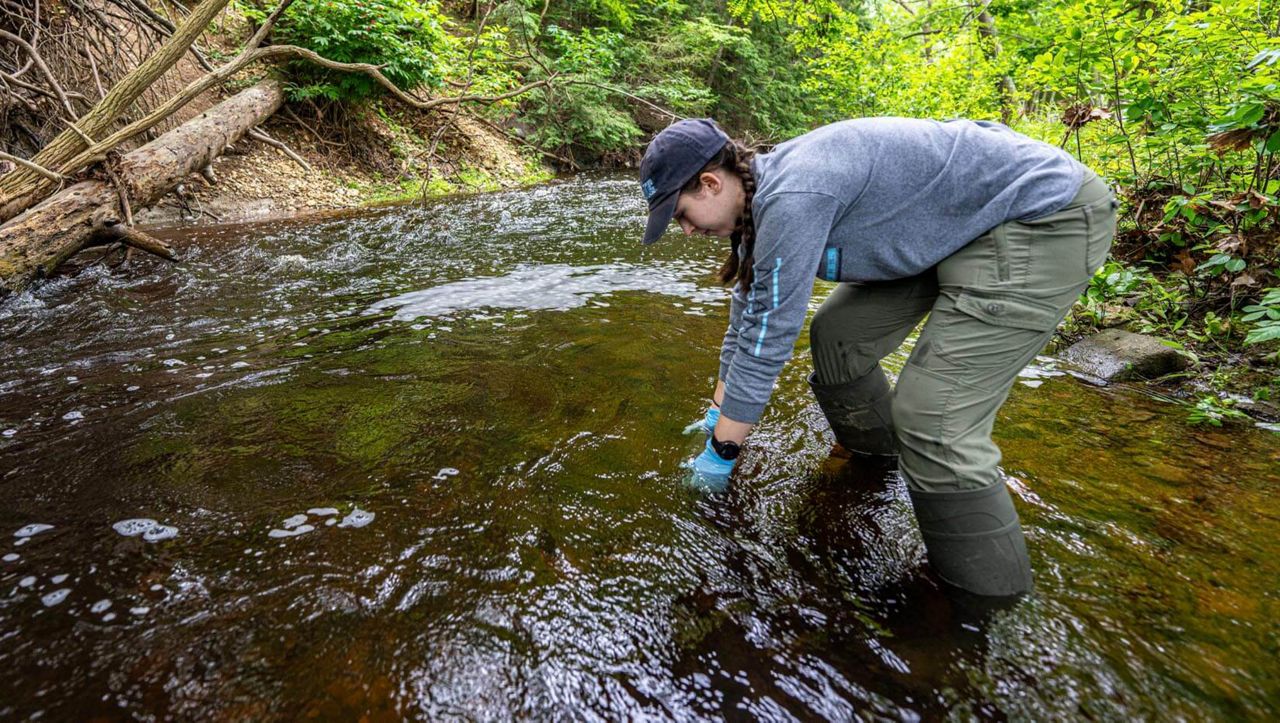
Johnson, alongside researchers from the University of Notre Dame and Valparaiso University, have been collecting samples from the bay over the last two years, university officials said.
The group also found microplastics in the nearby rivers and estuaries, but the highest concentration was in the bay.
Frenchman Bay lies off lies off Mount Desert Island, home to Acadia National Park. The bay is vital to shorebirds, fish, lobstermen and for outdoor recreation.
Microplastics have become a global issue. They have been found in fish tissue, on beaches, in drinking water and in the human brain and placenta, according to Omur Apul, the study’s co-author.
Researchers recommend “mindful use” of plastics, including how to discard them as a way to limit the spread of microplastics.
Apul also recommended preventing pollution by supporting “sustainability- and safety-focused policy making.”
“The quantities we are seeing in the natural environment are variable, but it is indicating that we created a new environmental domain — the ‘microplastisphere’ — during the extremely short timespan that we occupied the planet,” Apul said.





